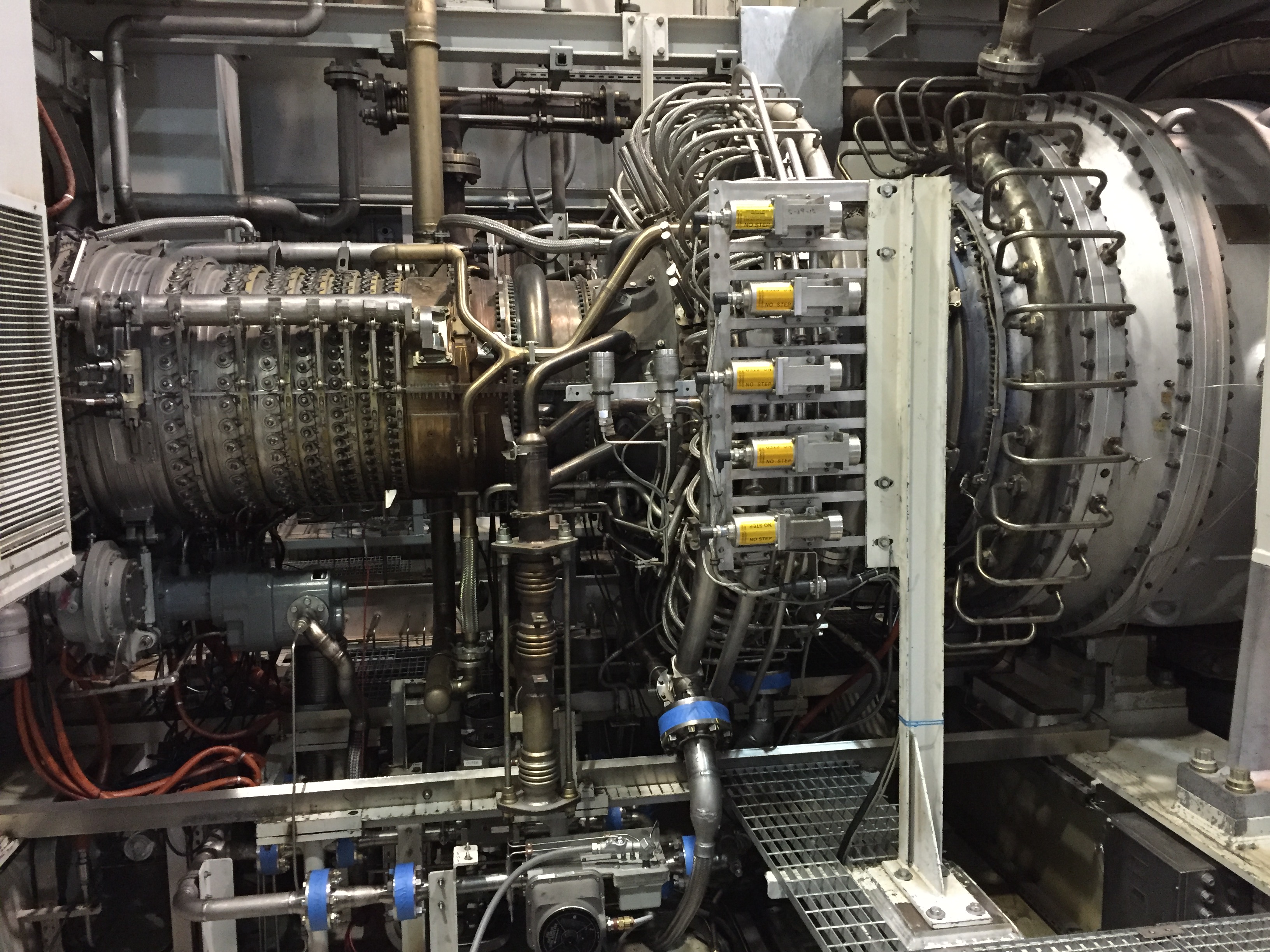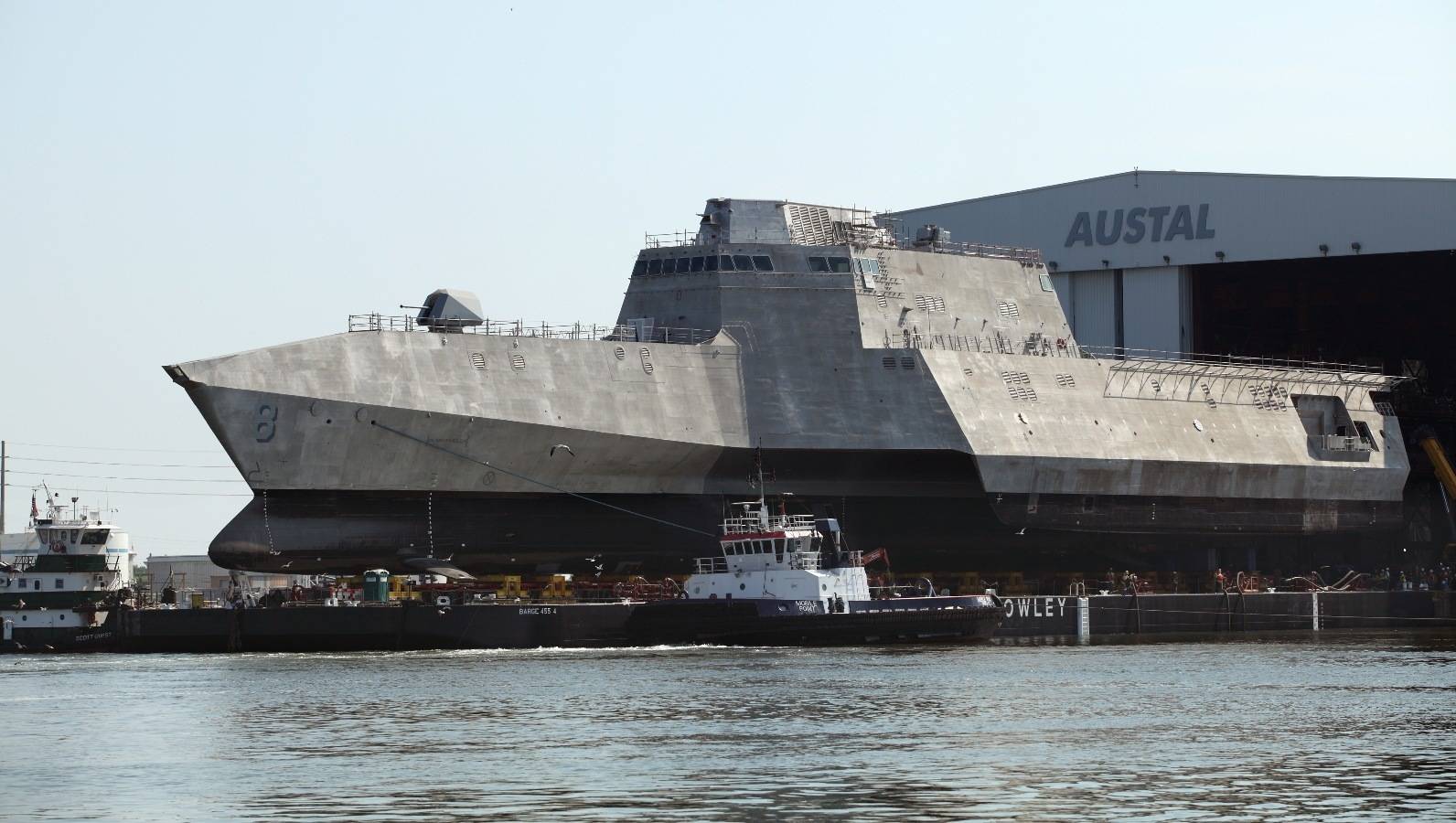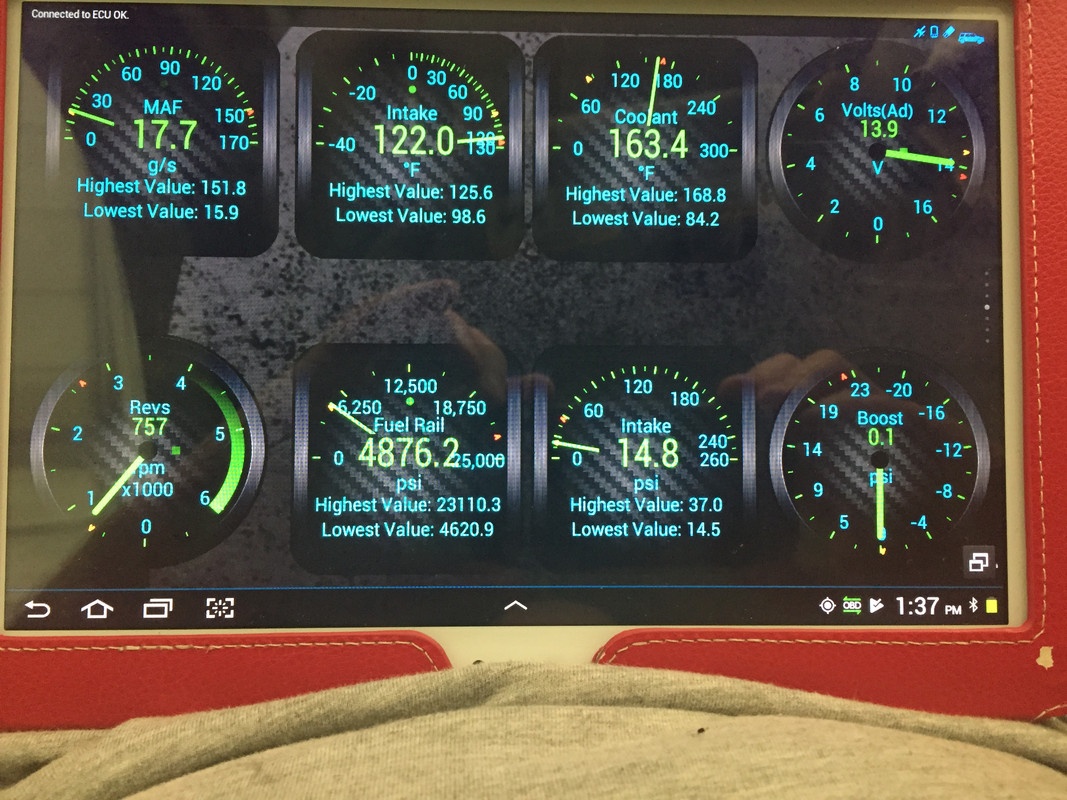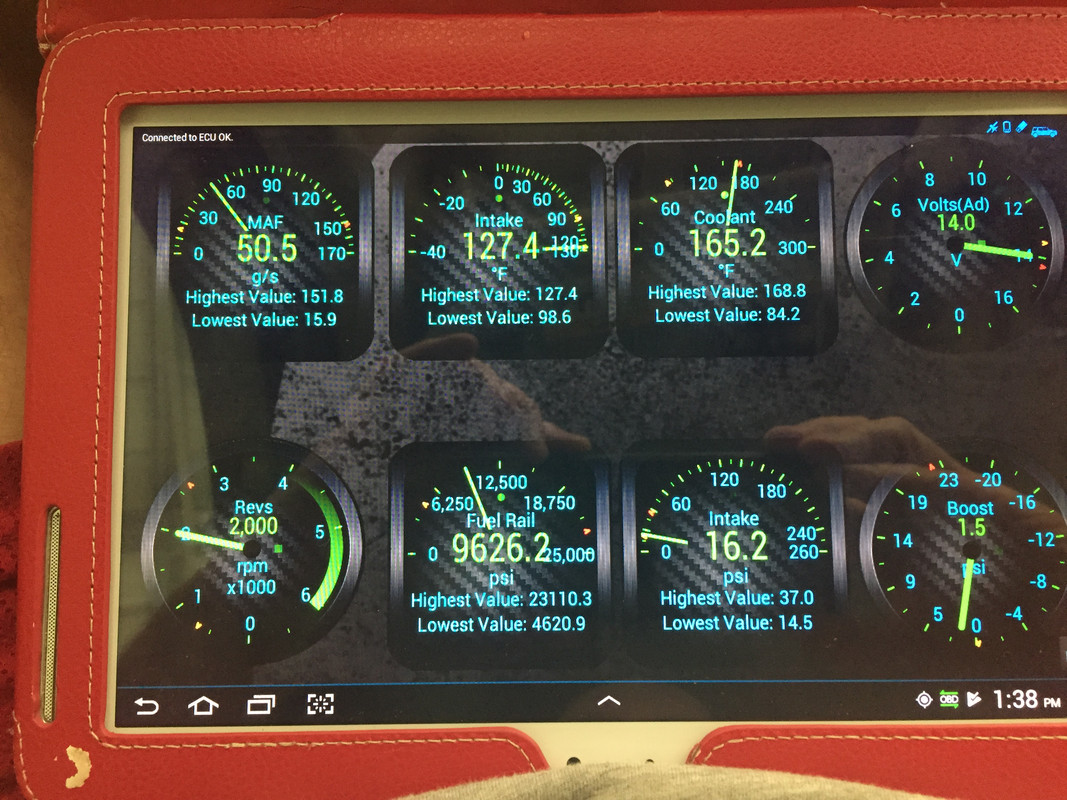Sir Sam wrote:
Never saw good correlated data, it would be nice to build a nominal curve of some kind, but there is a huge variation between all our jeeps.
Can anyone contributed readings to build a curve? Ideally we would have data for new engines with perfect rockers at sea level (in a frictionless void!), but we will have to settle for owner contributed data.
DRBIII only reports flow as sensor volts, so all the aftermarket units are somehow reporting it as flow, since I have both I will include data for both. Maybe build it into a google docs spreadsheet? I could also do some testing on my own using the set RPM command to hold 700 rpm, 800rpm, 900rpm etc to record more consistent data to get a better map of my own engine to share or of the sensor voltage.
Sir Sam:
MY: 2005
Engine Miles:~185k
Rocker Miles: ~30k
Ambient pressure: 12.5psi/85kpa
Volumetric flow @ Idle(~760rpm): 14.5g/s = 1.66Volts
Volumetric flow @ ~2000rpm: 43-45g/s = 2.55Volts
Blank for you to copy:
<USERNAME>:
MY:
Engine Miles:
Rocker Miles:
Ambient pressure:
Volumetric flow @ Idle(~760rpm):
Volumetric flow @ ~2000rpm:
Can anyone contributed readings to build a curve? Ideally we would have data for new engines with perfect rockers at sea level (in a frictionless void!), but we will have to settle for owner contributed data.
DRBIII only reports flow as sensor volts, so all the aftermarket units are somehow reporting it as flow, since I have both I will include data for both. Maybe build it into a google docs spreadsheet? I could also do some testing on my own using the set RPM command to hold 700 rpm, 800rpm, 900rpm etc to record more consistent data to get a better map of my own engine to share or of the sensor voltage.
Sir Sam:
MY: 2005
Engine Miles:~185k
Rocker Miles: ~30k
Ambient pressure: 12.5psi/85kpa
Volumetric flow @ Idle(~760rpm): 14.5g/s = 1.66Volts
Volumetric flow @ ~2000rpm: 43-45g/s = 2.55Volts
Blank for you to copy:
<USERNAME>:
MY:
Engine Miles:
Rocker Miles:
Ambient pressure:
Volumetric flow @ Idle(~760rpm):
Volumetric flow @ ~2000rpm:



